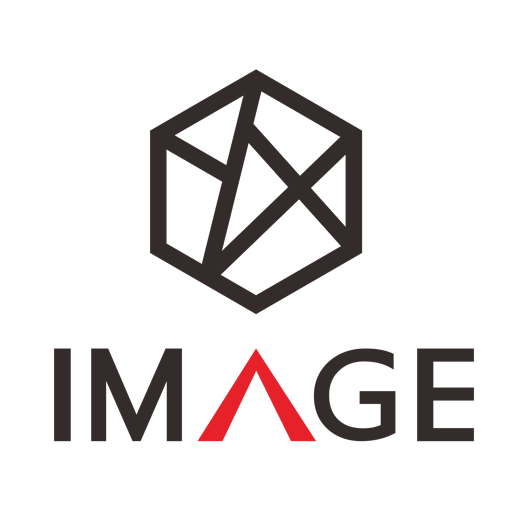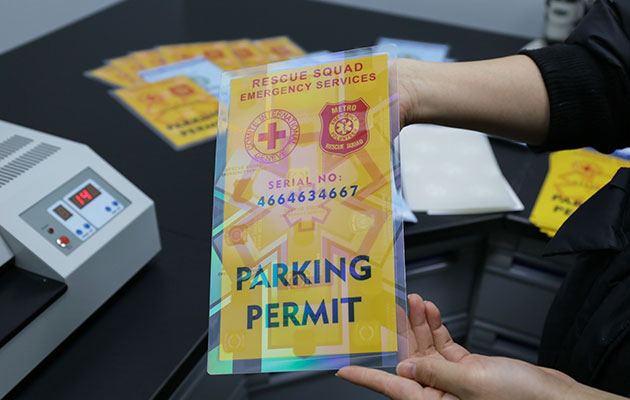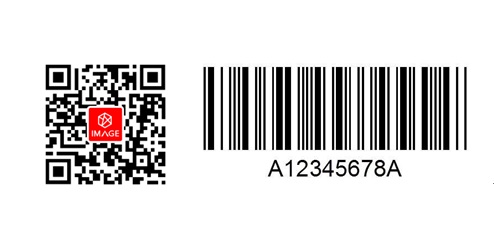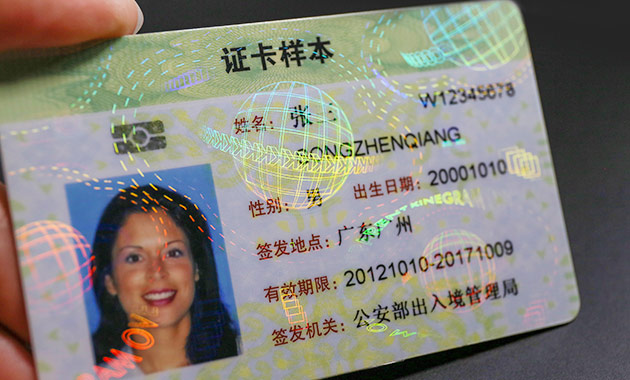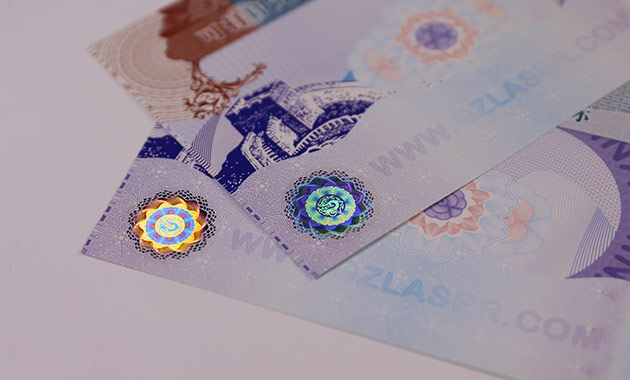The fight against counterfeiting is a constant race between technological innovation and profit-driven forgery attempts. As counterfeiters evolve, optical anti-counterfeiting technology must progress even faster.
Therefore, its true value lies in continuous upgrades that raise technical barriers and reduce opportunities for forgery.
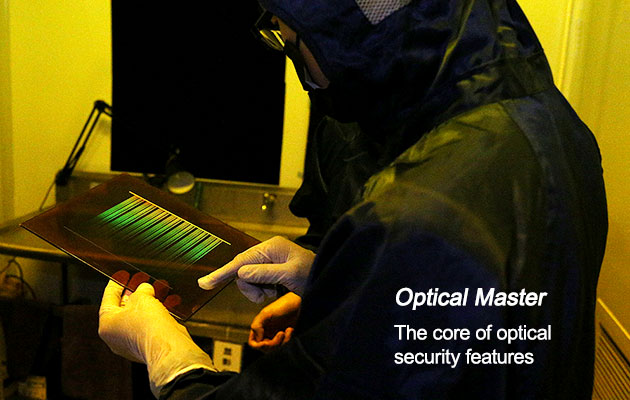
At Image Technology, we stay at the forefront of optical security research. Our R&D team keeps introducing new optical effects and technical breakthroughs that increase product security while improving visual appeal.
Classification of Optical Security Features
Optical security features fall into three main categories: Visible (overt), Invisible (covert), and Forensic-level. Currently, Image Tech provides 35 visible, 15 invisible, and several undisclosed forensic-grade technologies.
This article is the first part of a five-part series, covering the first eight visible optical features.
1. Unidirectional Diffraction Grating (1D Grating)
This feature forms the basis of many micro-nano structural color effects. It offers a focused viewing field and strong brightness, which makes it ideal for fine lines and micro text. However, it does not work well on large color blocks. Common uses include ID cards, optical labels, and small graphic elements.
2. Multi-directional Diffraction Grating (2D Grating)
This technology displays images across multiple viewing angles and creates rich color variations.
Because the effect is highly dynamic, it is not suitable for large continuous color areas. It works best for packaging designs and decorative elements.
3. Wide-angle Grating Color
This feature provides stable color and a broad viewing angle. As a result, it performs well on color blocks and large graphic areas. You will often find it on ID cards, labels, and product packaging.
4. Wide Field-of-view Rainbow Color
This technique delivers soft, stable color with low brightness and a wide viewing field. It is an excellent choice for large single-color backgrounds on labels and packaging.
5. Mixed-color Grating
This feature creates elegant, understated color effects similar to anti-glare textures. Manufacturers often use it in packaging and label decoration to achieve a textured visual appearance.
6. Hidden Color Effect
Under normal angles, the color remains invisible. However, it becomes clearly visible when viewed from an oblique direction or under side lighting. It is widely used for partial hot stamping and encrypted security areas on ID cards and labels.
7. Neon Color (Zero-order Optical Diffraction)
This feature displays a stable reflected color that shifts when the viewing angle rotates 90° horizontally.
You will commonly see it on identity documents, optical labels, and hot stamping foil products.
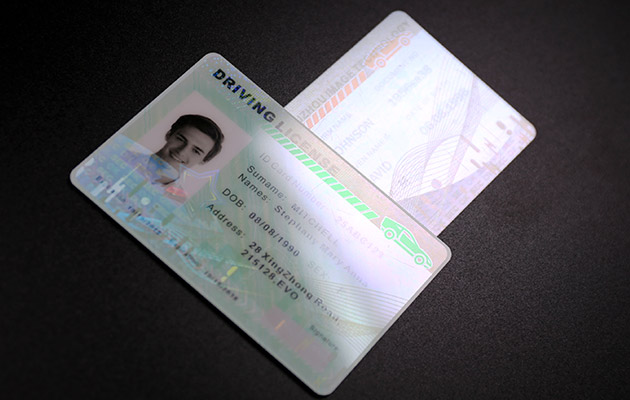
8. Dynamic Neon Color
This effect presents single-color dynamic movement at zero-order reflection angles.
It enhances visual motion and authenticity on ID cards, labels, and registered hot stamping designs.
Ongoing Innovation and Forensic-grade Features
At Image Technology, we continue to explore new approaches, upgrade existing optical effects, and refine our anti-counterfeiting systems. We remain committed to our mission: “Prevent Counterfeiting Before It Happens.”
Moreover, our forensic-level features stay securely encrypted. Only authorized personnel can access them within a limited time window. These features support high-level verification in suspected counterfeiting cases and are never disclosed publicly.
Coming Next: Part 2 of the Visible Optical Security Series
In the next article, we will introduce 12 additional visible optical security features from our advanced technology portfolio. Stay tuned for more insights into Image Tech’s complete optical anti-counterfeiting system.
